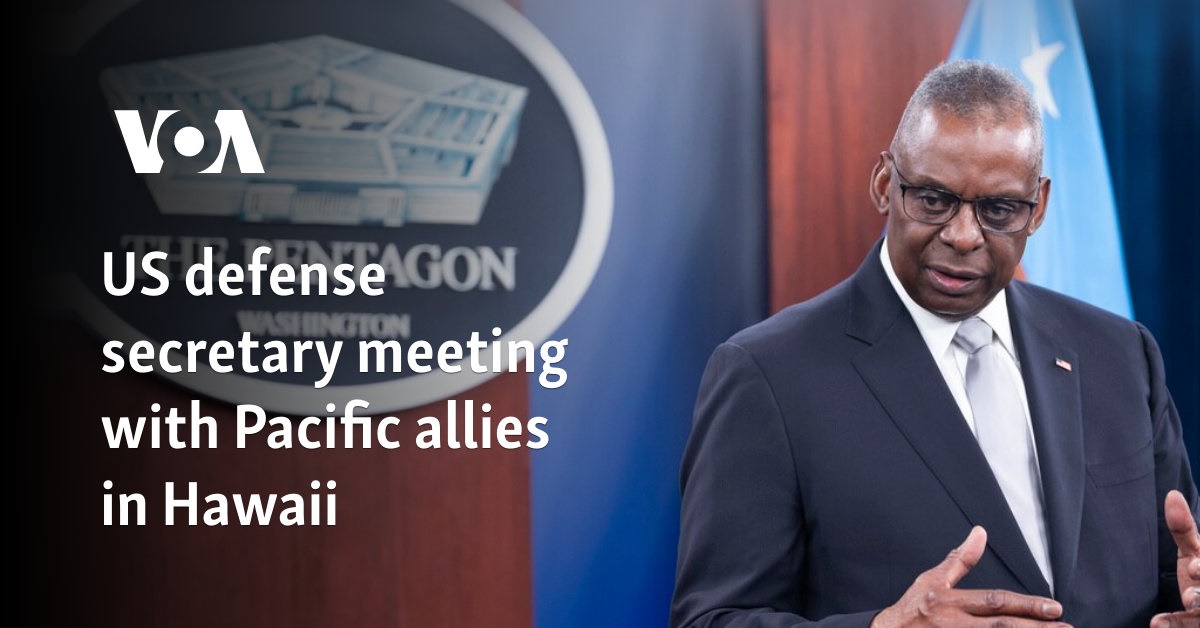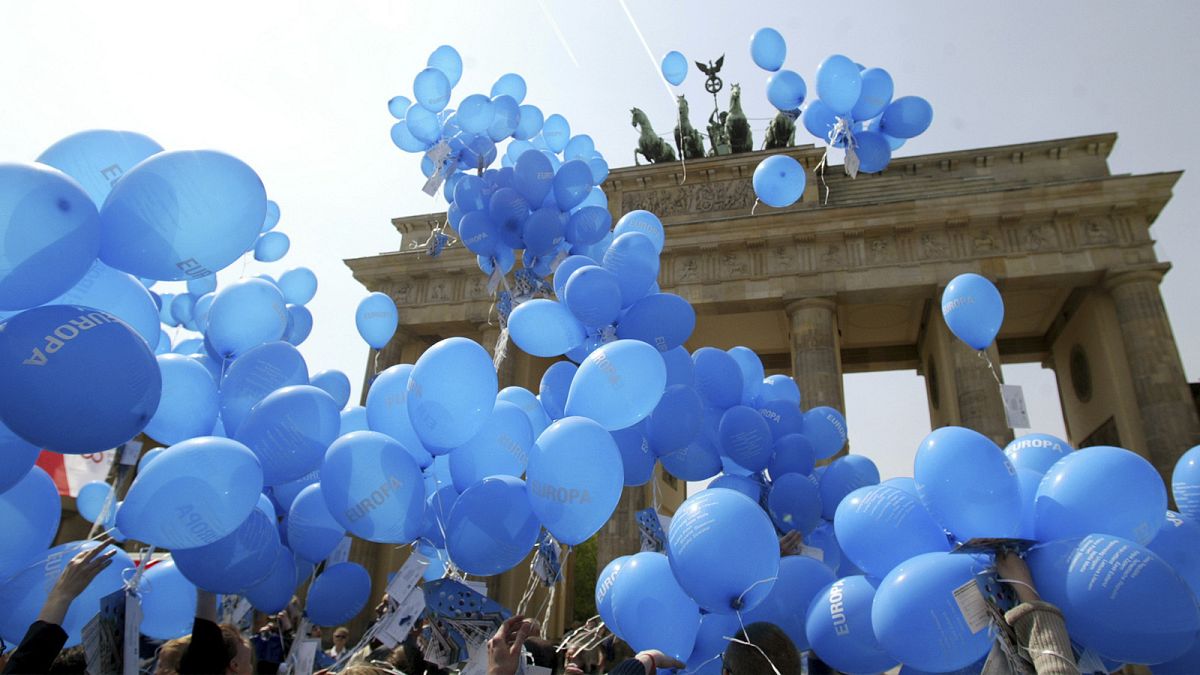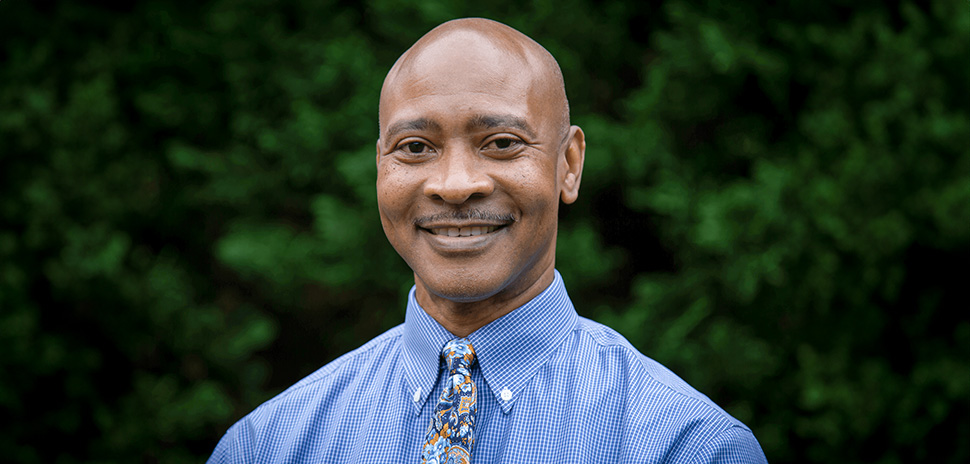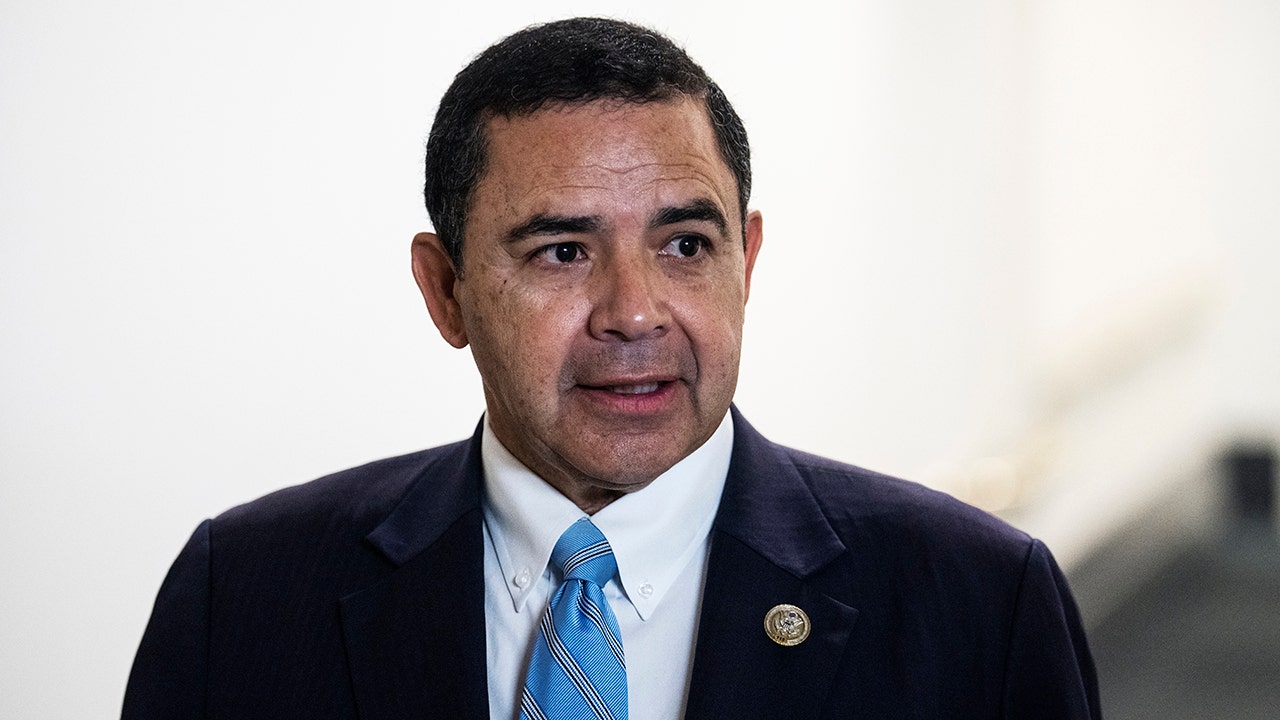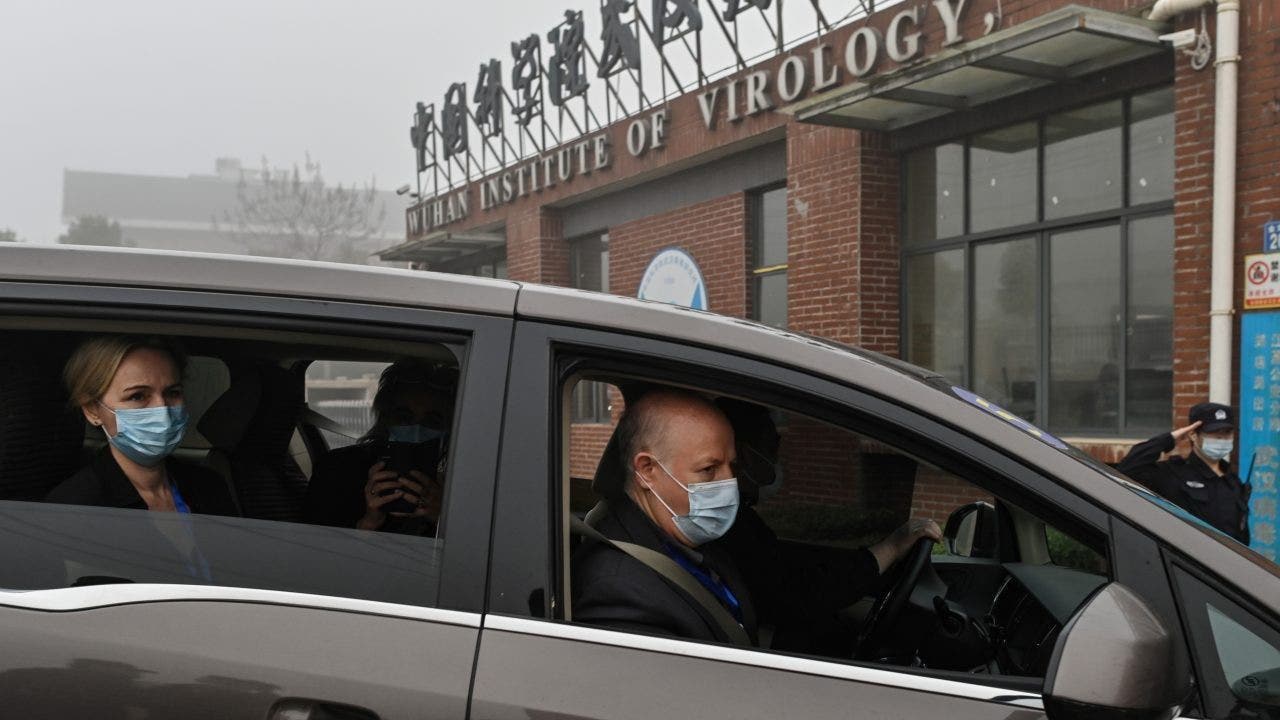World
State of the Union: How distant elections can affect Europe
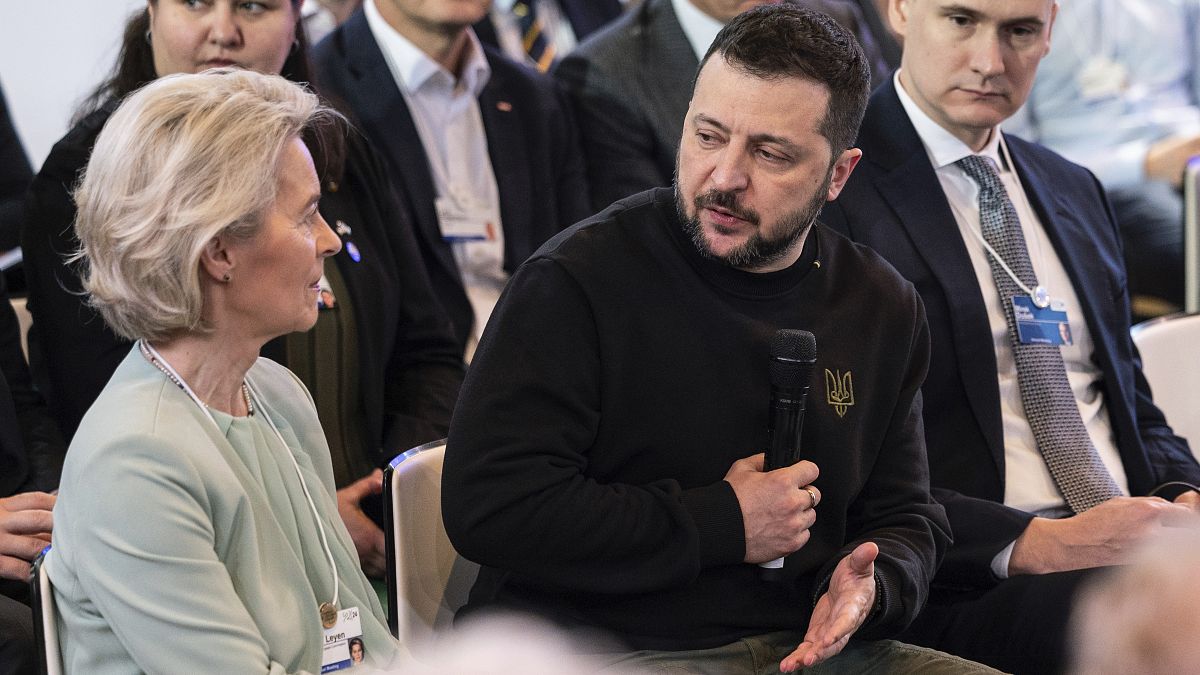
In this edition of State of the Union, we focus on how elections in faraway places like Taiwan and the United States can affect Europe. We also take a look at the latest regarding support for Ukraine.
While the war in Ukraine approaches the two-year mark, there has been some sort of shadow-boxing this week over potential peace talks.
While in Davos, Ukrainian president Zelenskyy got the Swiss government to host a peace conference at some point in the future – without inviting Russia.
Then Moscow’s foreign minister Lavrov shot back saying that Ukraine would not decide when to begin any serious talks and that “the West” was not interested in negotiations anyway.
“The West” meanwhile seemed to get its act together as far as further military support is concerned.
Some EU countries committed to additional measures.
And the EU in general is now ready to approve its 50-billion-euro package soon with or without Hungary that has been blocking it for months.
“It’s very important to engage with all 27 member states of the European Union to get the 50 billion euro for four years up and running”, EU Commission President Ursula von der Leyen told Euronews in Davos.
“My personal priority is to have an agreement by 27. If this is not possible, we are prepared for an agreement by 26.”
There is a renewed sense of urgency, as aid for Ukraine from its biggest donor by far, the United States, is mired in political infighting in Washington.
And then there is the prospect of Donald Trump returning to the White House next year, however speculative at this point, which could mean an end to US support for Ukraine altogether.
A nightmare for many in Europe – but a nightmare against which there is a great remedy, according to the Belgian EU presidency: just wake up!
“If 2024 brings us ‘America first’ again, it will be more than ever ‘Europe on its own’.”, Belgian prime minister Alexander De Croo said in a speech before the European Parliament in Strasbourg.
“We should as Europeans not fear that prospect. We should embrace it. We should embrace it by putting Europe on a more solid footing. Stronger, more sovereign, more self-reliant.”
True, Trump won the Iowa caucuses overwhelmingly this week, but it is still a long way to go to election day in November.
The U.S. presidential election is not the only one with major ramifications for Europe this year.
A week ago, the people of Taiwan elected a new president who basically refuses to cave before Beijing who considers the island a runaway province.
The European reaction to this democratic expression was rather muted – is Europe too fearful of negative reactions from Beijing?
Questions to Mareike Ohlberg, senior fellow at the Indo-Pacific Program of the German Marshall Fund and head of the Stockholm China Forum who joined Euronews from Berlin.
Euronews: So, the election in Taiwan was one of the most closely watched geopolitical events of the year. Yet, in the run-up of the vote, the European Union barely noticed it at all – is Taiwan a too hot a potato?
Ohlberg: There is, of course, still some reluctance and commenting on it to some degree. Presumably there is still some nervousness about offending China to some degree. So there is a little bit of a dance around some of that. But overall, people here are paying much more closely attention now than just a few years ago.
Euronews: The official EU position is: yes, to bilateral ties with Taiwan, but no political recognition or diplomatic recognition. That being said, do you see an opportunity for closer cooperation now that the election is over?
Ohlberg: I think what we can do is continue some of the corporation that’s already been taking place or some more close coordination we’ve had in the last couple of years. I mean, we’ve had some visits, primarily from Parliament’s delegations visiting Taiwan. That is one thing that has happened. And then we’ve also seen some careful, more careful ties at the ministerial level, where, for instance, ministers, went to Taiwan to talk to their Taiwanese counterparts. And I think it’s particularly these smaller cooperations establishing ties and making sure that Europe is invested in Taiwan, where I see the most benefit.
Euronews: EU parliamentary and government delegations made 28 visits to Taiwan last year, a new record – how do you interpret that interest?
Ohlberg: Europe can’t really offer Taiwan that much in terms of security and concrete defense. I think Europe doesn’t have the capacity to do that. But one thing that Europe can do, is signal an interest in Taiwan and try to signal to the Chinese government that Europe has a vested interest in stability in the Taiwan Strait, and that Europe would be firmly opposed to any attempt to change the status quo through military means or through coercion.
Euronews: Hanging over all this is, of course, fear of retaliation from Beijing. Does the EU have the stomach to pick a fight with the Chinese Communists over even symbolic agreements with Taiwan?
Ohlberg: I if you’re alluding to bilateral trade agreements, I don’t really think that’s going to happen soon. There’s been a push for that, for instance, in the European Parliament. There is some reluctance on the Commission side, on various other sides. I don’t expect that to happen. But I do think there are other ways and other channels how ties with Taiwan, including trade ties, can be intensified. That may not have the same effect, but that are also helpful in this regard.

World
Night Court Renewed for Season 3

ad
World
Colombia cuts diplomatic relations with Israel, but its military relies on Israeli technology
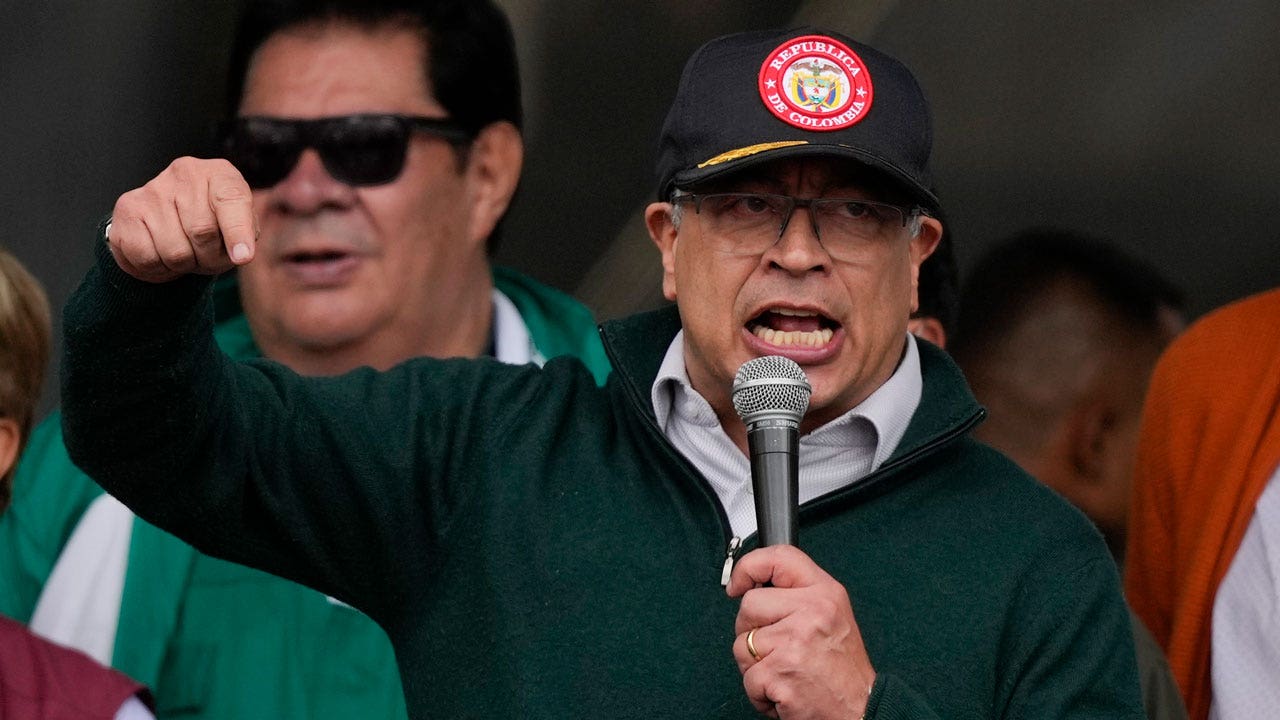
Colombia has become the latest Latin American country to announce that it will break diplomatic relations with Israel over its military campaign in Gaza, but the repercussions for the South American nation could be broader than for other countries because of longstanding bilateral agreements over security matters.
Colombian President Gustavo Petro on Wednesday described Israel’s actions in Gaza as “genocide,” and announced his government would end diplomatic relations with Israel effective Thursday. But he didn’t address how his decision could affect Colombia’s military, which uses Israeli-built warplanes and machine guns to fight drug cartels and rebel groups, and a free trade agreement between both countries that went into effect in 2020.
Also in the region, Bolivia and Belize have severed diplomatic relations with Israel over the Israel-Hamas war.
COLOMBIA’S PRESIDENT SAYS HUNDREDS OF THOUSANDS OF PIECES OF AMMUNITION HAVE GONE MISSING FROM MILITARY BASES
Here’s a look at Colombia’s close Israel ties and fallout:
WHY IS SECURITY COOPERATION BETWEEN COLOMBIA AND ISRAEL IMPORTANT?
Colombia and Israel have signed dozens of agreements on wide-ranging issues, including education and trade, since they established diplomatic relations in 1957. But nothing links them closer than military contracts.
Colombia’s fighter jets are all Israeli-built. The more than 20 Kfir Israeli-made fighter jets were used by its air force in numerous attacks on remote guerrilla camps that debilitated the Revolutionary Armed Forces of Colombia. The attacks helped push the rebel group into peace talks that resulted in its disarmament in 2016.
Colombian President Gustavo Petro speaks at the International Workers’ Day march in Bogota, Colombia, on May 1, 2024. Petro on Wednesday announced his government would end diplomatic relations with Israel. (AP Photo/Fernando Vergara)
But the fleet, purchased in the late 1980s, is aging and requires maintenance, which can only be carried out by an Israeli firm. Manufacturers in France, Sweden and the United States have approached Colombia’s government with replacement options, but the spending priorities of Petro’s administration are elsewhere.
Colombia’s military also uses Galil rifles, which were designed in Israel and for which Colombia acquired the rights to manufacture and sell. Israel also assists the South American country with its cybersecurity needs.
WILL PETRO’S ANNOUNCEMENT AFFECT COLOMBIA’S MILITARY-RELATED CONTRACTS WITH ISRAEL?
It remains unclear.
Colombia’s Foreign Ministry said Thursday in a statement that “all communications related to this announcement will be made through established official channels and will not be public.” The ministry didn’t immediately respond to a request for comment from The Associated Press, while the Israeli Embassy in Bogota declined to address the issue.
However, a day before Petro announced his decision, Colombian Defense Minister Iván Velásquez told lawmakers that no new contracts will be signed with Israel, though existing ones will be fulfilled, including those for maintenance for the Kfir fighters and one for missile systems.
Velásquez said the government has established a “transition” committee that would seek to “diversify” suppliers to avoid depending on Israel. He added that one of the possibilities under consideration is the development of a rifle by the Colombian military industry to replace the Galil.
Security cooperation has been at the center of tensions between the two countries. Israel said in October that it would halt security exports to Colombia after Petro refused to condemn Hamas’ Oct. 7 attack on southern Israel that triggered the war and compared Israel’s actions in Gaza to those of Nazi Germany. In February, Petro announced the suspension of arms purchases from Israel.
For retired Gen. Guillermo León, former commander of the Colombian air force, the country’s military capabilities will be affected if Petro’s administration breaks its contract obligations or even if it complies with them but refuses to sign new ones.
“At the end of the year, maintenance and spare parts run out, and from then on, the fleet would rapidly enter a condition where we would no longer have the means to sustain it,” he told the AP. “This year, three aircraft were withdrawn from service due to compliance with their useful life cycle.”
WHAT IS THE TRADE RELATIONSHIP BETWEEN THE TWO COUNTRIES?
A free trade agreement between Colombia and Israel went into effect in August 2020. Israel now buys 1% of Colombia’s total exports, which include coal, coffee and flowers.
According to Colombia’s Ministry of Commerce, exports to Israel last year totaled $499 million, which represents a drop of 53% from 2022.
Colombia’s imports from Israel include electrical equipment, plastics and fertilizers.
Neither government has explained whether the diplomatic feud will affect the trade agreement.
World
Meloni plans to rally Europe's centre-right in elections pledge
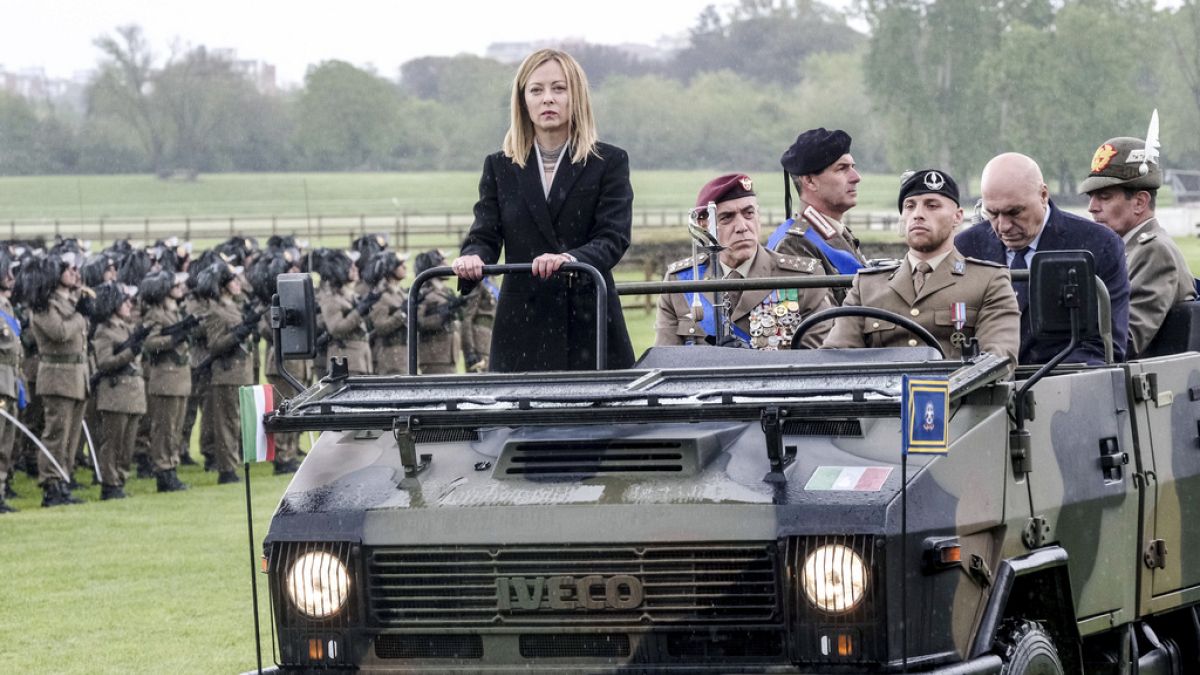
In the run-up to the European elections in June, Euronews takes a closer look at the Brothers of Italy party leader and the country’s prime minister’s speech in Pescara.
The Brothers of Italy’s conference in Pescara was more than a party gathering to launch Meloni’s electoral campaign.
The event marks a key moment in the run-up to the European elections in June, with the Italian prime minister’s address last Sunday providing crucial insight into her conservative leadership in Europe and her EU goals.
At the event, she announced that voters should use just her first name on their ballots. “Call me Giorgia,” she said.
The move is legal, and while many, including her rivals, have criticised her decision, it aligns with her image as a leader with working-class roots who took her first step into politics in Rome’s Garbatella district.
In both her role as Italy’s PM and president of the ECR group, Meloni outlined her vision for Europe.
Notably, she spoke of Brothers of Italy’s increased support over the years since the last European elections in 2019, while commenting on her ambitions to extend what her party has achieved in Italy to the rest of Europe.
“We want to do in Europe what we did in Italy … create a majority that brings together the centre-right forces and send the left into opposition,” Meloni said in Pescara in what has since been highlighted as a key statement.
Alliances based on issues, not ideals
A closer look at Meloni’s speech can help better understand what she has in mind. As ECR Co-Chairman Nicola Procaccini told Euronews, “Meloni refers to a spectrum of positions which sees both the ECR and the EPP as the two main axes when she talks about the creation of a majority that brings together centre-right forces.”
“Then, some delegations from ID in the right-wing camp,” adds Procaccini, “along with others from Renew Europe … will make up the total number that is needed to reach the majority to vote in favour of some measures.”
According to Procaccini, it is crucial to understand that the idea of “majority” within the new 720 seats-strong European Parliament is not fixed and that finding common ground with other political forces remains a possibility.
“Majorities or minorities form themselves based on the single vote. I do believe that the balance within the next European Parliament will shift to the right,” Procaccini said, adding that the EPP and a large part of Renew Europe are already voting alongside ECR, PiS or Viktor Orban’s Fidesz.
“It’s already happening today,” Procaccini continued, “not because there’s a deal in place, but based on the issues we are voting on.”
And as for sending the left into opposition, “it’s about giving the EPP the possibility to break the bond it has built with the socialists and the greens,” Brothers of Italy MP Sara Kelany told Euronews.
-

 News1 week ago
News1 week agoLarry Webb’s deathbed confession solves 2000 cold case murder of Susan and Natasha Carter, 10, whose remains were found hours after he died
-

 News1 week ago
News1 week agoFirst cargo ship passes through new channel since Baltimore bridge collapse
-

 World1 week ago
World1 week agoHaiti Prime Minister Ariel Henry resigns, transitional council takes power
-

 World1 week ago
World1 week agoSpanish PM Pedro Sanchez suspends public duties to 'reflect'
-

 World1 week ago
World1 week agoUS secretly sent long-range ATACMS weapons to Ukraine
-

 News1 week ago
News1 week agoAmerican Airlines passenger alleges discrimination over use of first-class restroom
-

 Movie Reviews1 week ago
Movie Reviews1 week agoHumane (2024) – Movie Review
-

 Education1 week ago
Education1 week agoVideo: Johnson Condemns Pro-Palestinian Protests at Columbia University
